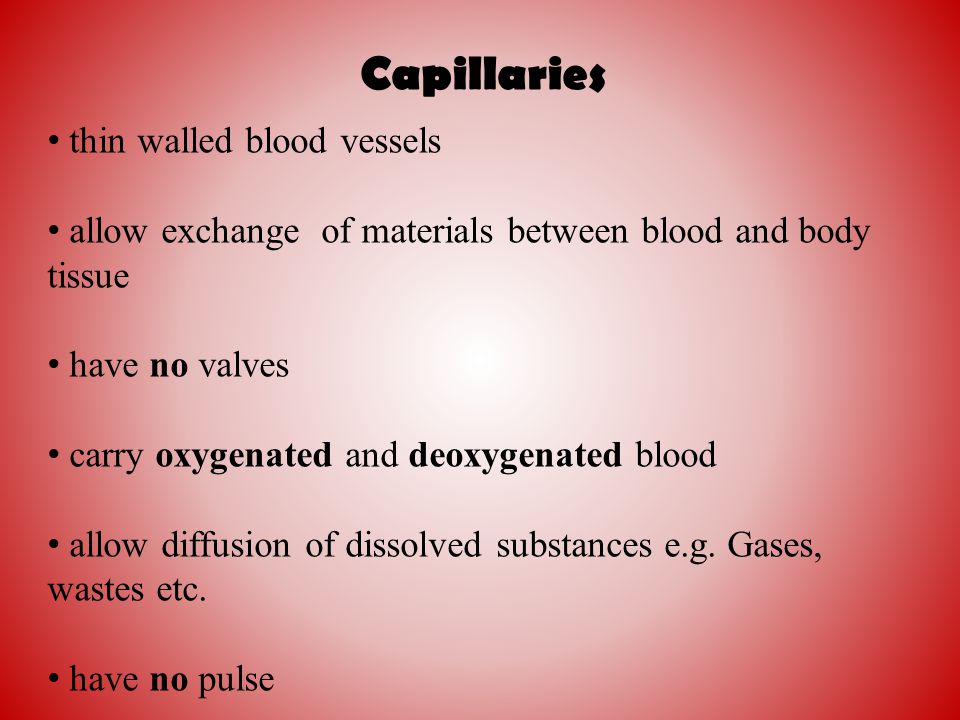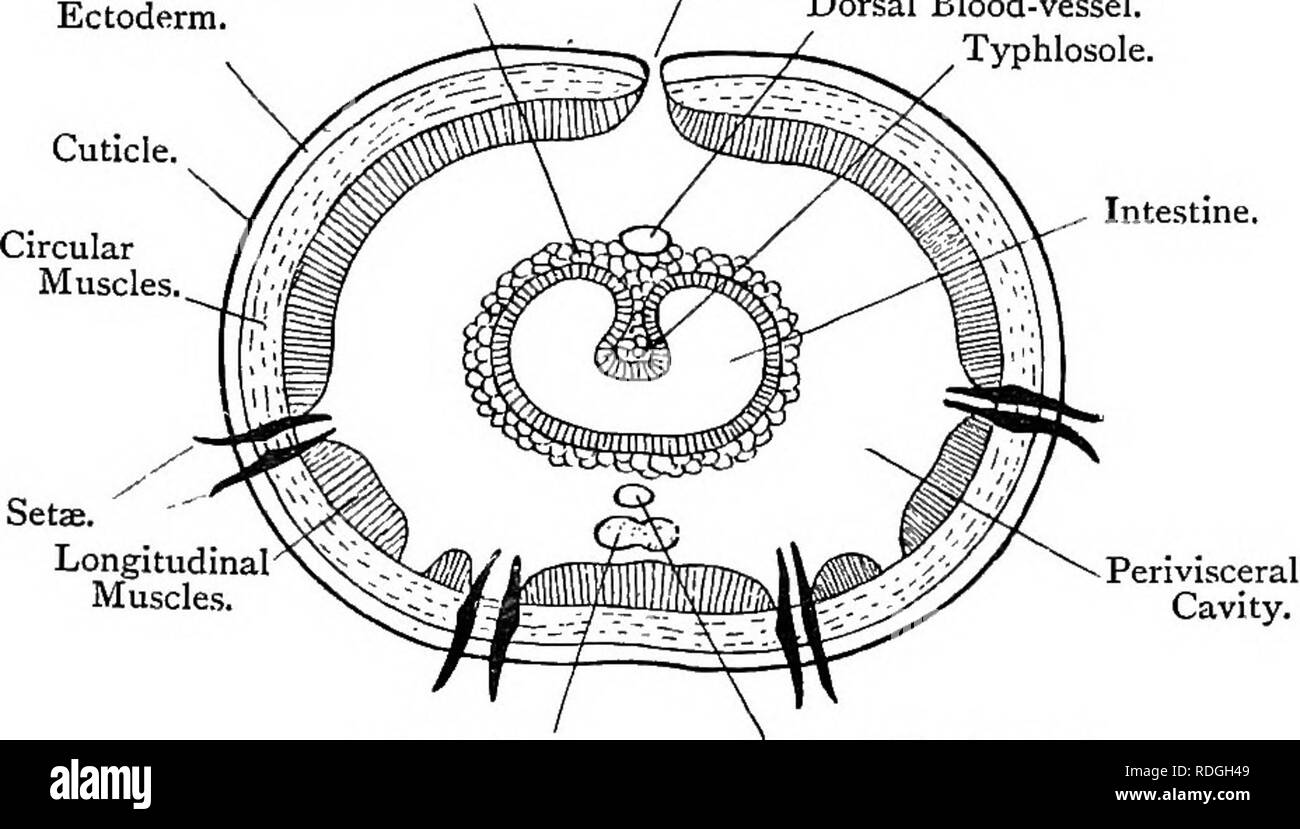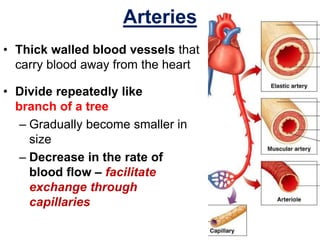Which Thin Walled Blood Vessels Lack Muscular Walls
Arteries are blood vessels that carry blood away from heart as they are primarily exposed to highly pressurised blood from heart they ha. The capillary wall is one cell thick and allows certain parts of the blood to pass through it while it holds in other parts.

Artery Wall An Overview Sciencedirect Topics
Capillaries are small and smaller than any other blood vessels.

. There are several feedback mechanisms that modulate vascular tone. Which blood vessels have thin walls and contain valves. The veins are collapsible because they have thin walls.
A capillary is a blood vessel. Which blood vessels do not Vasoconstrict. A capillary is a blood vessel.
Arteries and arterioles have relatively thick muscular walls because blood pressure in them is high and because they must adjust their diameter to maintain blood pressure and to control blood flow. Which thin-walled blood vessels lack muscular walls. Venule vein and heart are all terms used to describe the cardiovascular system.
Environment has less oxygen than the blood has oxygen will pass out of the capillary. What passes through depends on the environment _____ the capillary. The walls of veins are thin and non-muscular.
Correct answer to the question 25. Veins have valves that prevent the backward flow of the blood. Which thin-walled blood vessels lack muscular walls.
B Arteries appear flatter in a cross section than veins and capillaries. Capillaries lead back to small vessels known as venules that flow into the larger veins and eventually back to the heart. It does not have the muscularelastic tissue of other blood vessels.
A Veins b Arterioles c Capillaries d Arteries a Arteries have more elastin in tissue than veins and capillaries. Which thin-walled blood vessels lack muscular walls. Which thin-walled blood vessels lack muscular walls.
Correct answer to the question Which thin-walled blood vessels lack muscular walls. As capillaries are responsible for rapid exchange of material it does not require muscular walls as muscular walls will not help in rapid exchange of minerals. View the full answer.
C Arteries have valves which are absent in veins and capillaries. Previous question Next question. Veins and venules have much thinner less muscular walls than arteries and arterioles largely because the pressure in veins and venules is much lower.
When we talk about vasoconstriction and vasodilation we do not include the capillaries since they do not have muscle walls and hence cannot constrict or dilate. Veins Arterioles Capillaries Arteries. It does not have the muscularelastic tissue of other blood vessels.
It has a single celled wall to help substances be transported through organisms. Capillaries are small and smaller than any other blood vessels. It has a single celled wall to help substances be transported through organisms.

4 954 Likes 28 Comments Zoe Petre Zoestudies On Instagram There S Only Two Weeks Left Of Term Whic Study Notes School Organization Notes College Notes

Pin By Kon Radio On Surgical Neuroanatomy Nasal Septum Palatine Nasal Cavity

Histology Of The Circulatory System Ppt Download

Histology Of The Circulatory System Ppt Download

The Heart Page 2 Nursing School Tips Nursing School Notes Medical School Motivation

The Sacrum Os Sacrum Anatomy Osteology Human

Why Do Capillaries Need To Be Thin Walled Impressive Guide 2022 Lisbdnet Com

Blood Vessel Structure And Function Boundless Anatomy And Physiology
Which Blood Vessel Has No Muscular Wall Quora

Biology Gcse Revision Heart And Circulation Worksheet Pack Updated Teaching Resources Gcse Revision Biology Words To Use

Name The Layers Of The Blood Vessels Ppt Download

Elementary Text Book Of Zoology Lumbricus Which A Long Thin Oesophagus Passes Back To The Thin Walled Crop Upon The Oesophagus Are Three Pairs Of Pouches The Aumentaxv A Hinder Pair Being Known

Antique Illustration Of The Human Body 1900 Acrylic Print Antique Illustration Illustration Canvas Prints

Chpt 27 Heart And Blood Vessels The Circulatory System Ppt Video Online Download



Comments
Post a Comment